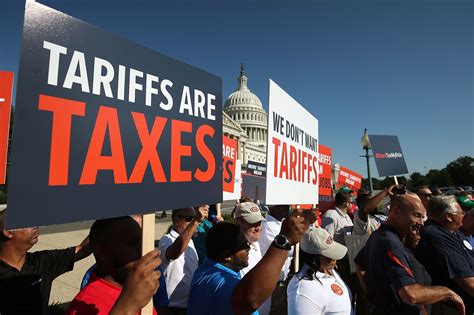The world of cryptocurrency was once again thrown into the spotlight as the Justice Department made a significant announcement. In a surprising move, the department revealed its decision to disband a specialized unit dedicated to investigating cryptocurrency-related crimes. This decision marks a notable shift in the government’s approach to regulating digital currencies.
As news of this development spread, Todd Blanche, the deputy attorney general, emerged as a central figure in this unfolding narrative. In his address, Blanche openly criticized previous investigations conducted by his predecessors, labeling them as “ill-conceived and poorly executed.” This denouncement set the stage for a new directive that would redefine the scope of cryptocurrency investigations within the department.
“Ill conceived and poorly executed.”
Blanche’s remarks hinted at a broader strategy aimed at streamlining enforcement efforts and focusing on specific types of criminal activities tied to cryptocurrencies. The memo issued by the Justice Department outlined a more targeted approach, highlighting areas such as fraud, drug trafficking, and terrorism as key priorities for future investigations.
This strategic pivot did not occur in isolation but rather against the backdrop of shifting political landscapes. The Trump administration’s stance on cryptocurrencies had been markedly different from its predecessor’s approach. President Trump himself had shown support for the industry both during his campaign and throughout his time in office.
Trump’s Broad Embrace
The connection between the Trump family and cryptocurrency further underscored this supportive stance. With ventures like World Liberty Financial and initiatives such as issuing their own memecoin, it became evident that cryptocurrencies held significant interest for them beyond just regulatory policies.
Moreover, Trump Media & Technology Group’s plans to introduce various digital asset investment products signaled a deeper entrenchment of cryptocurrencies within influential spheres. These developments painted a picture of an administration keen on fostering innovation within the sector rather than clamping down through stringent enforcement measures.
Amidst these changes within the Justice Department, parallels could be drawn with similar shifts occurring at regulatory bodies like the Securities and Exchange Commission (SEC). Lawsuits were being dismissed, investigations dropped, and staffing realigned—all pointing towards a recalibration of priorities when it came to crypto-related matters.
Regulatory Relaxation Trend
One noticeable trend was the SEC’s decision not to pursue regulation on memecoins under grounds that they did not fall under securities regulations—a departure from traditional oversight frameworks applied to financial assets. Such departures from convention hinted at broader implications for how regulators perceived and interacted with novel digital assets like memecoins.
Overall, these maneuvers by key governmental agencies reflected an evolving landscape where regulations around cryptocurrencies were being redefined. The ripple effects of these decisions would undoubtedly reverberate across the industry—reshaping compliance standards, investor sentiments, and market dynamics in unforeseen ways.




Leave feedback about this